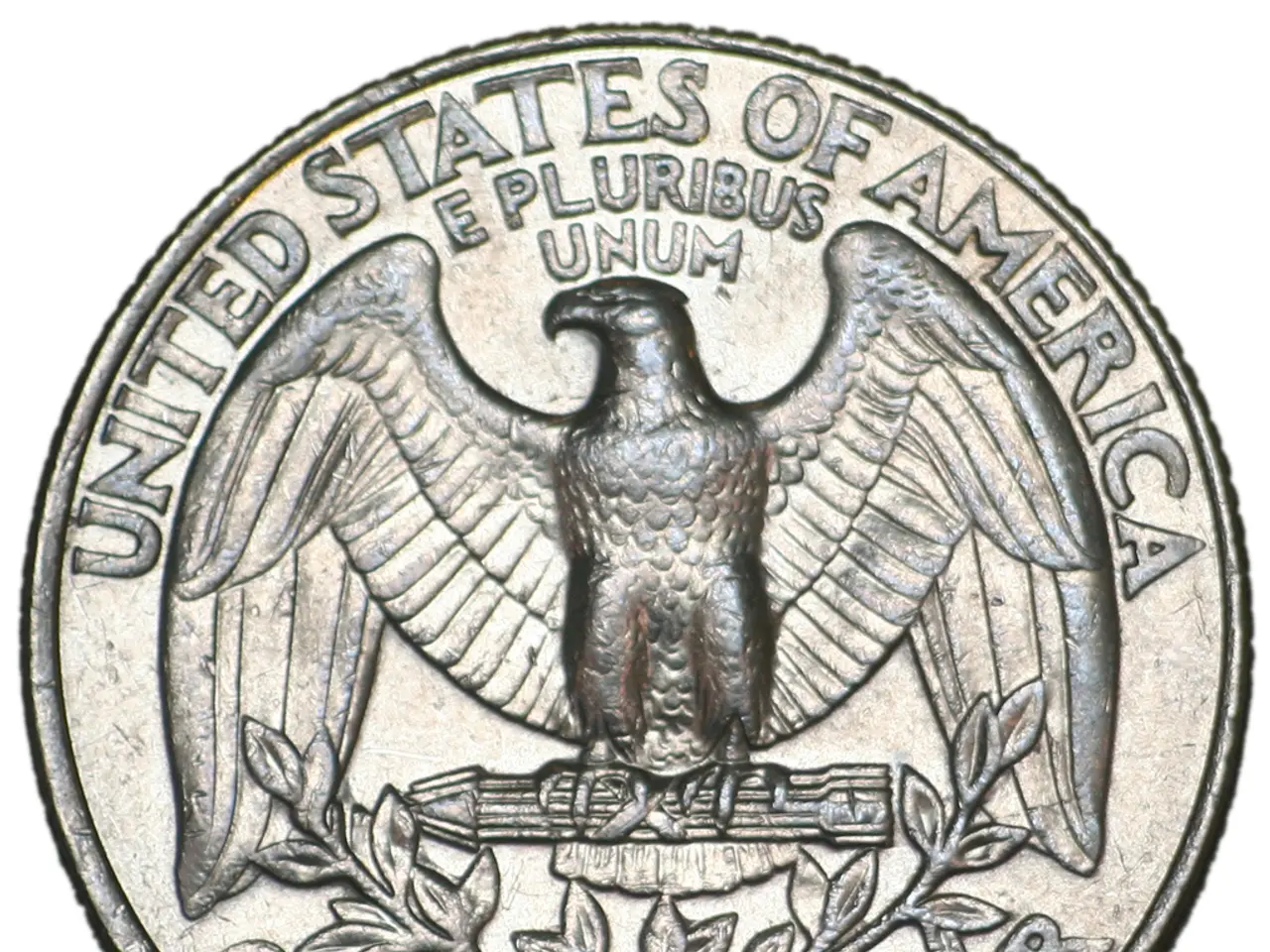Ethereum Blockchain Leads RWA Market with a Commanding 83.69% Share
Ethereum, the second-largest cryptocurrency by market capitalization, continues to dominate the Real-World Asset (RWA) tokenization market. As of August 2025, Ethereum holds an impressive 83.69% share of the total RWA market capitalization by chain, amounting to around $7 billion in on-chain RWA value[1][2][3].
This commanding lead is due to Ethereum’s mature smart contract infrastructure, strong institutional adoption, regulatory clarity (especially in the US), and a large, active developer ecosystem. Ethereum’s dominance in the RWA space is significant because it positions the platform as the fundamental layer facilitating the expansion of decentralized finance (DeFi) into real-world assets such as gold-backed stablecoins, government bonds, and real estate. The legal clarity and robust infrastructure encourage substantial capital inflows from both institutional and retail investors, enhancing liquidity and innovation within the Ethereum ecosystem[1][3].
However, rising competition from other blockchains like Solana, zkSync Era, and Aptos is intensifying market dynamics. These competitors offer advantages such as higher transaction speeds and lower fees, leading to faster RWA value growth in their ecosystems relative to Ethereum's recent modest gains. Despite this, Ethereum’s entrenched developer base, regulatory head start, and ecosystem maturity provide it with a durable competitive edge, although the market could see some fragmentation as other chains increase their share[2][4].
Ethereum's network has gained a major boost from legal clarity in the United States, giving institutional players more confidence to engage with ETH. Recently, Ethereum's price has surged over 85% since late June, making it one of the strongest performers in the crypto market[5]. The $2,852 level is now a significant weekly support to watch[6].
The weekly chart also suggests strong demand during the breakout, not just weak speculative buying. Ethereum's network attempted to hold the $3,600 support level after a modest pullback from recent highs. Bulls continue to show strength, supported by weeks of sustained buying pressure and growing investor confidence[6]. Holding above these levels signals a potential long-term trend reversal from last year's lows.
Ethereum reclaimed both the 100-week and 200-week moving averages ($2,707 and $2,435, respectively). However, failure to reclaim the $3,850 range quickly could lead to a larger pullback or sideways consolidation. If ETH holds the $2,852 support on the next retest, bulls could target another move toward $4,000. A weekly close above $3,860 would mark a new high for the year[6].
It's worth noting that Ethereum continues to support the largest stablecoin supply, including USDT and USDC. This, coupled with its leadership in the RWA tokenization space, cements its role as a key player in the crypto market's future[7].
In summary, Ethereum’s leadership in the RWA market cement its role as the leading blockchain for tokenizing real-world assets, enabling broader institutional participation and deeper DeFi integration. This foundation is likely to drive Ethereum’s long-term growth by ensuring high liquidity, continuous innovation, and expanding real-world usage even as competition grows[1][2][3].
References:
- Ethereum's Dominance in the RWA Market
- Ethereum's Competitive Edge
- Ethereum's Institutional Adoption
- Rising Competition in the RWA Market
- Ethereum's Price Surge
- Ethereum's Weekly Chart Analysis
- Ethereum's Role in the Crypto Market
Ethereum's dominance in the Real-World Asset (RWA) market, driven by its mature smart contract infrastructure, strong institutional adoption, and large developer ecosystem, propels it to attract substantial capital inflows from investors, enhancing liquidity and innovation within the Ethereum ecosystem.
The entrenched competitive edge of Ethereum, originating from its regulatory head start and ecosystem maturity, provides it with an enduring advantage, even as competitors such as Solana, zkSync Era, and Aptos intensify the market dynamics with their faster transaction speeds and lower fees.




